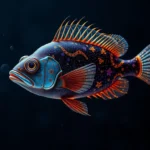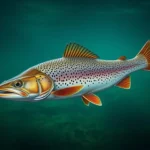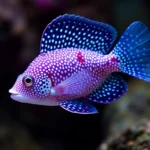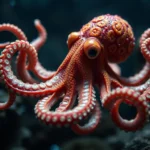The Enigmatic False Killer Whale: Symbolism and Spiritual Significance
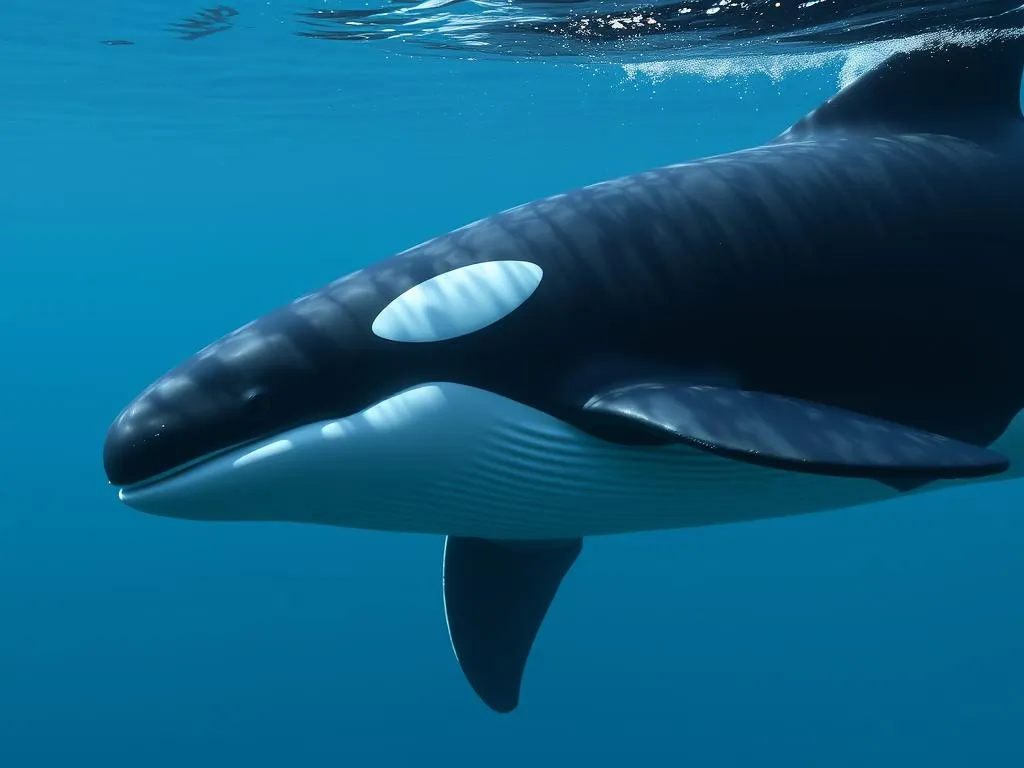
Disclaimer: Some images on this website are AI-generated artworks and may not accurately represent real animals.
The false killer whale, scientifically known as Pseudorca crassidens, captivates the hearts and minds of many with its striking appearance and intriguing behavior. But beyond its physical attributes lies a rich tapestry of symbolism and meaning that resonates deeply with those who seek insight from the natural world. This blog post delves into the essence of the false killer whale, exploring its characteristics, habitat, and the profound symbols it represents in our lives.
Understanding the False Killer Whale
Taxonomy and Characteristics
The false killer whale belongs to the dolphin family, Delphinidae, and is closely related to both orcas and other dolphin species. Here’s a closer look at its physical traits:
| Characteristic | Description |
|---|---|
| Scientific Name | Pseudorca crassidens |
| Size | 12 to 20 feet (3.7 to 6.1 m) |
| Weight | Up to 2,300 pounds (1,000 kg) |
| Coloration | Dark gray to black with lighter gray patches |
| Lifespan | 50 to 60 years in the wild |
False killer whales are known for their elongated bodies, robust builds, and distinctive curved dorsal fins. Their social structure is fascinating; they often travel in pods of 10 to 50 individuals, demonstrating a strong sense of community and familial bonds.
Habitat and Distribution
These marine mammals are predominantly found in warm and temperate oceans. Their distribution includes tropical and subtropical regions, from the Atlantic to the Pacific Oceans.
The environment plays a crucial role in their behavior. False killer whales are known to inhabit deeper waters, often near continental shelves where they hunt for fish and squid. Their adaptability to different habitats also reflects their intelligence and social nature.
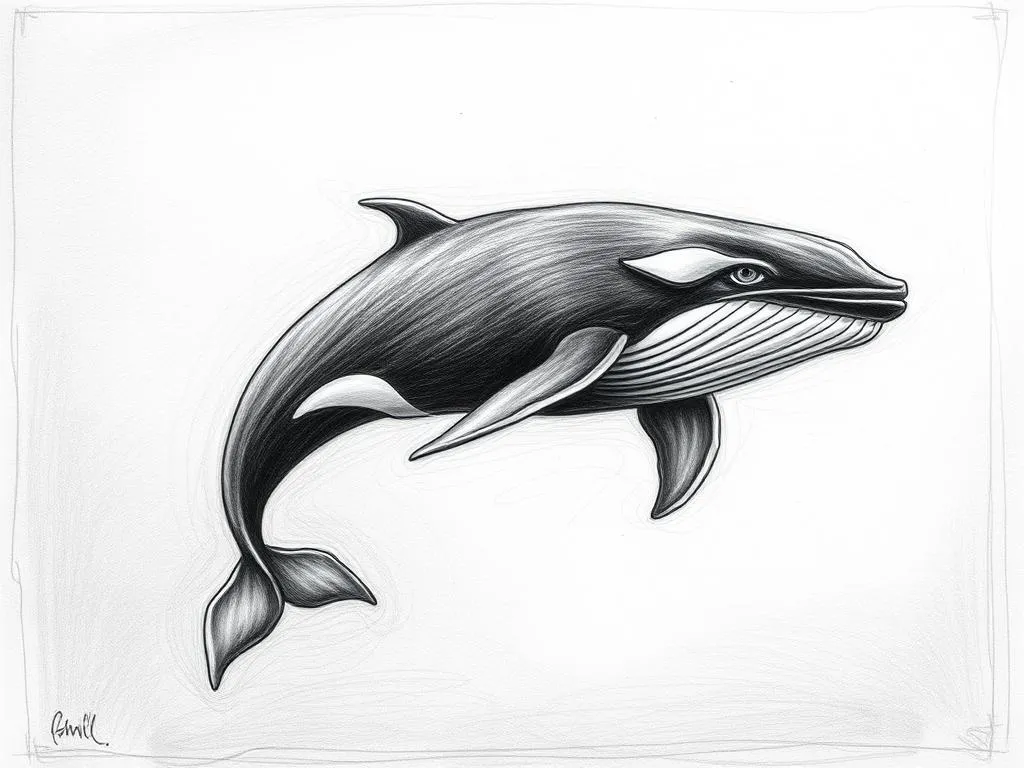
Symbolism & Spiritual Meaning
Connection to Community and Relationships
The social nature of false killer whales is a powerful symbol of community and relationships. They exhibit complex social structures, forming strong alliances and familial bonds that mirror the importance of connection in human life.
When we think of the false killer whale, we can reflect on our own relationships. They remind us of the significance of nurturing connections with family and friends, encouraging us to foster community spirit and support one another through life’s challenges.
Intelligence and Communication
Intelligence is a key trait of the false killer whale, which is often seen as a symbol of wisdom. These mammals are known for their sophisticated communication skills, utilizing a variety of clicks and whistles to convey messages within their pods.
This aspect of false killer whale symbolism can inspire us to enhance our own communication abilities. By learning to express ourselves clearly and effectively, we can navigate life’s challenges and deepen our understanding of those around us.
Freedom and Adventure
False killer whales embody the essence of freedom and adventure. Their vast oceanic habitat allows them to roam freely, exploring the depths and embracing new experiences. This symbolism encourages us to step outside our comfort zones and seek out new adventures in our own lives.
The spirit of the false killer whale can serve as a reminder to appreciate the beauty of exploration, whether it’s through travel, new hobbies, or personal growth. Embracing freedom allows us to live fully and authentically.
False Killer Whale in Dreams
Interpretation of Dreaming about False Killer Whales
Dreams featuring false killer whales often carry significant meanings. Here are some common themes associated with these dreams:
| Theme | Interpretation |
|---|---|
| Connection | A reminder to strengthen your relationships |
| Exploration | An invitation to embrace new adventures |
| Intelligence | Encouragement to trust your intuition |
| Freedom | A call to break free from constraints |
Dreaming of a false killer whale can signify a desire for deeper connections or an urge to explore new horizons. It may also reflect your subconscious thoughts about communication and understanding.
Symbolism of Water in Dreams
Water in dreams often symbolizes emotions and the subconscious mind. The presence of a false killer whale in a dream can enhance this symbolism, suggesting a need to delve into your feelings and address any emotional blockages.
The fluidity of water represents the ebb and flow of life, urging you to navigate your emotions with grace and openness. This connection reinforces the importance of self-reflection and emotional awareness.
Personal Reflection and Guidance
When the false killer whale appears in your dreams, it may invite you to reflect on your current life situation. Ask yourself questions about your relationships, adventures, and emotional state. This reflection can guide you toward personal growth and understanding.
The messages conveyed by these dreams can serve as a powerful tool for self-discovery, encouraging you to embrace the qualities represented by the false killer whale.
Modern Interpretations
Cultural Significance
Across various cultures, the false killer whale has held significant meanings. In some indigenous cultures, they are seen as guardians of the ocean, symbolic of protection, community, and harmony with nature. Their presence in folklore and mythology often conveys themes of loyalty and family bonds.
Understanding these cultural interpretations can deepen our appreciation for the false killer whale and inspire us to incorporate their symbolism into our own lives.
Conservation Efforts and Their Symbolism
The plight of the false killer whale, along with many marine species, underscores the importance of conservation efforts. Protecting these creatures and their habitats symbolizes our connection to the natural world and our responsibility to safeguard it.
Engaging in conservation efforts can be seen as a spiritual act, promoting awareness of the delicate balance of marine ecosystems. By protecting marine life, we honor the wisdom and beauty they represent.
Influence in Art and Literature
The influence of false killer whales extends into art and literature, where they often symbolize freedom, intelligence, and community. Contemporary media portray these majestic creatures in ways that evoke emotional responses, prompting audiences to reflect on their own lives and relationships.
Artistic representations can serve as a reminder of the deeper meanings associated with the false killer whale, encouraging us to explore our connections to the ocean and its inhabitants.
Key Takeaways
- Community and Relationships: The social nature of false killer whales encourages us to nurture our connections with others.
- Intelligence and Communication: Their wisdom inspires us to enhance our communication skills and navigate life’s challenges effectively.
- Freedom and Adventure: They symbolize the importance of exploration and embracing new experiences in our lives.
Reflecting on these symbols can help us integrate the essence of the false killer whale into our daily practices, enhancing our emotional well-being and personal growth.
Conclusion
The false killer whale is more than just a captivating marine mammal; it embodies profound qualities that resonate deeply within us. From its strong community ties to its representation of freedom and intelligence, the symbolism associated with this species offers valuable insights into our lives.
As we explore our personal connections to marine life and spirituality, let us also remember the importance of protecting the oceans and their inhabitants. The spirit of the false killer whale calls us to engage with the world around us, fostering a sense of connection, adventure, and understanding.

